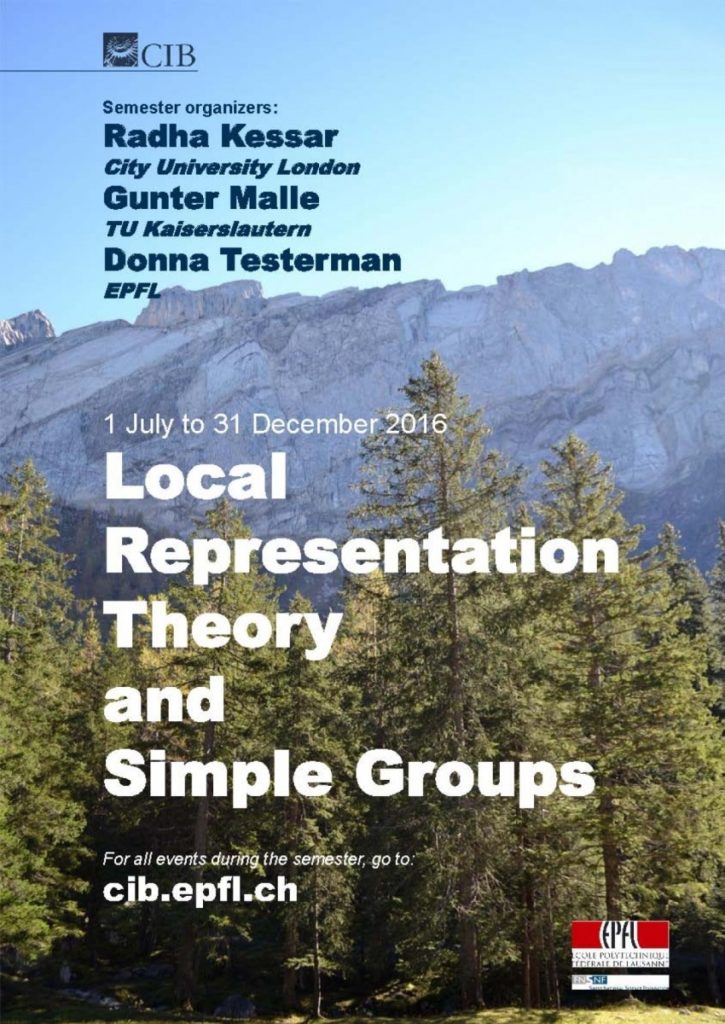Local representation theory, pioneered by Richard Brauer in the 1930s had its first big successes in the classification of the finite simple groups. Since then, important and deep connections to areas as varied as topology, geometry, Lie theory and homological algebra have been discovered and used. Very recent breakthrough results have now led to the hope that some of the long standing and deep problems, some of which have been open for over five decades, can finally be settled.
These recent results relied crucially on the interplay between the theory of modular representations, the classification of finite simple groups, and Lusztig’s powerful geometric machinery built around the Weil conjectures which describes the representation theory of finite reductive groups. At the same time, this has led to a wealth of interesting new questions on finite simple groups and their representation theory, whose solution promises to be useful for many further applications.
The main theme of the programme will be to exploit further this interaction with the aim of eventually solving some of the famous open conjectures, and further developing and applying the representation theory of finite simple groups.
The program of the semester is structured around three workshops and one final conference. Two or three colloquium-style Bernoulli lectures will take place during the semester. In between the conferences, a small number of scientists will be in residence at the CIB, thus providing the opportunity for intensive collaborations.


